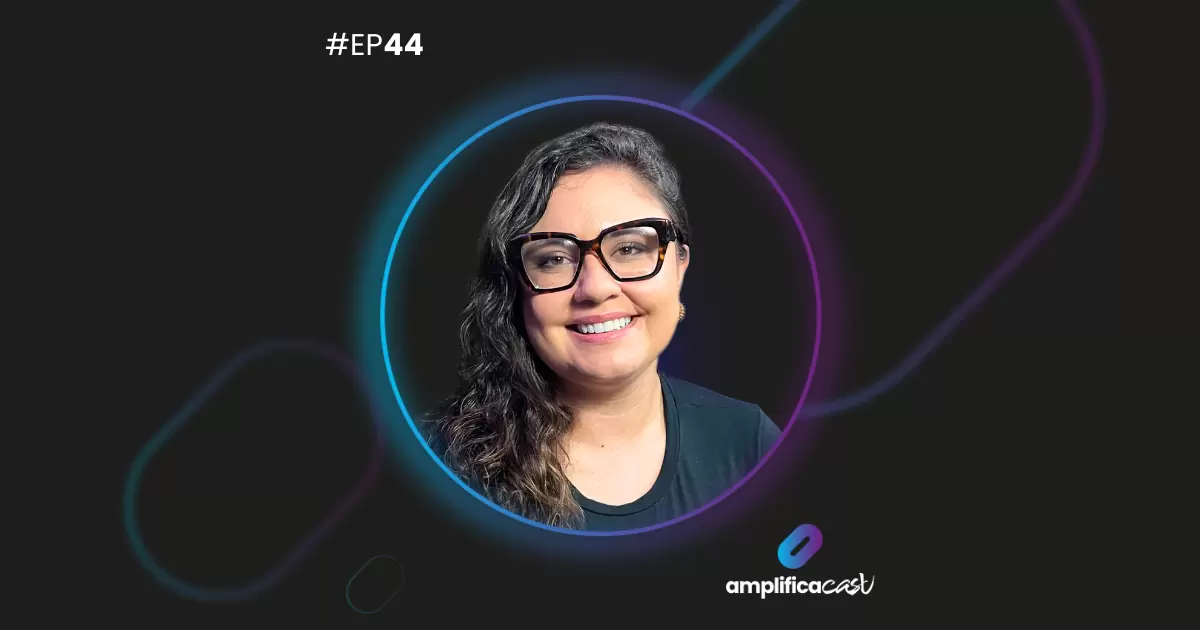A proposal made in the Chamber of Deputies defends the creation of a legal law for the use of artificial intelligence in Brazil. The text wants to define the rights and duties that companies, individuals and public authorities must have when using technology. The law also wants to guarantee respect for human rights, equality, plurality, non-discrimination, free enterprise and privacy.
The proposals:
The project stresses that the use of AI must be transparent over the entire operational mode. That should be disclosed through an AI agent, who would be the one who develops or operates an artificial intelligence system. In addition, these representatives will also be responsible for decisions made by the system and must ensure that the platform complies with the requirements set out in “General Law on Data Protection (LGPD)“. This new law takes effect in December this year.
In addition to all this, the proposal also provides that whoever is directly affected by the system, will be able to access information about the adopted procedures. The material in question can be requested at any time and the user can recommend improvements.
According to Bismarck, the project aims to stimulate the use of artificial intelligence and try to protect citizens from being harmed by its misuse: “We need an edition of legislation making mandatory the principles enshrined in the international scope and disciplining rights and duties”, he concluded .
The project was presented shortly after the Ministry of Science, Technology, Innovations and Communications opened a public consultation to ensure the regularization of artificial intelligence. The deadline for contributions ended on Monday (2).
The proposal is still pending in the Chamber in a conclusive character and will not need to be voted in plenary. Everything indicates that it will reach the Senate and may be approved by the Science and Technology, Communication and Informatics commissions; Labor, Administration and Public Service; and Constitution and Justice and Citizenship.

